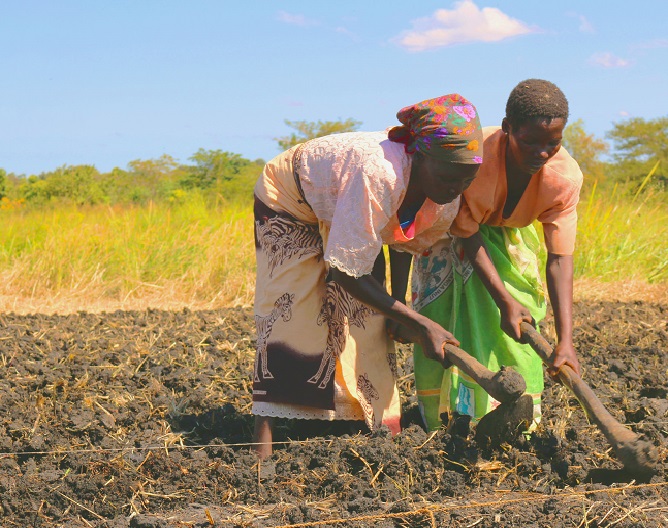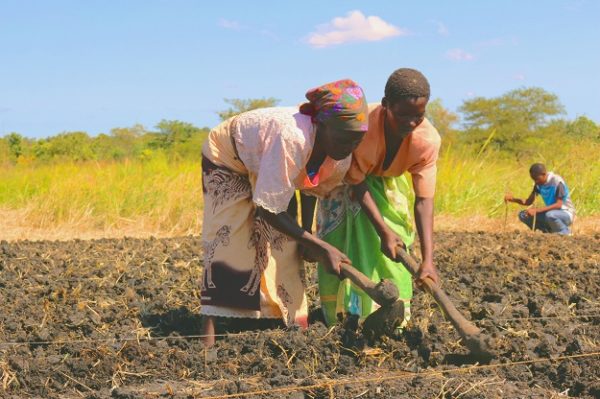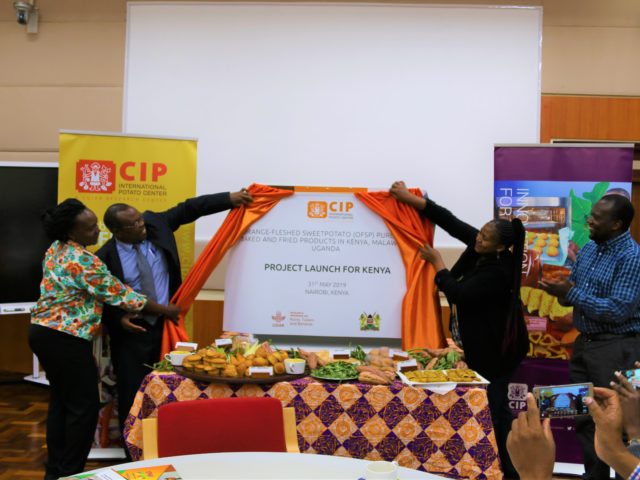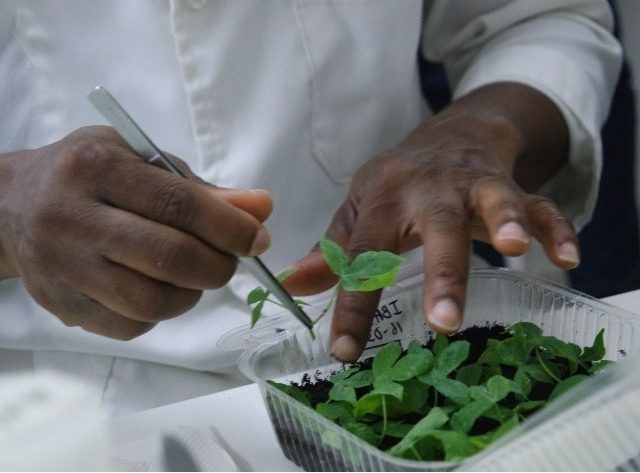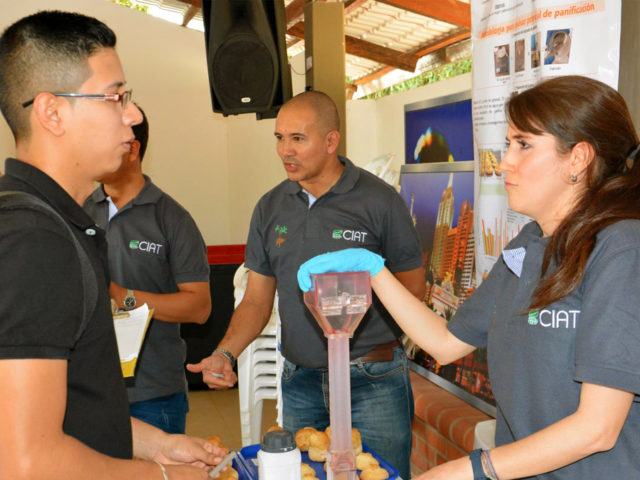To coincide with the International Day of Rural Women, the Journal of Gender, Agriculture and Food Security has released its current issue which is focused on making women more visible in agriculture policies, institutions and markets.
Rural women the world over play a major role in ensuring food security and in the development and stability of the rural areas. Yet, with little or no status, they frequently lack the power to secure land rights or to access vital services such as credit, inputs, extension services, training and education. Their vital contribution to society goes largely unnoticed. The International Day of Rural Women aims to change this by dedicating a day to recognise the important role that women play in ensuring food security.
The current issue of the Journal of Gender, Agriculture and Food Security focuses on gender in policies, institutions and markets. The issue is published in collaboration with and funded by the CGIAR Research Program on Policies, Institutions and Markets led by IFPRI.
Netsayi Mudege and her colleagues from the International Potato Center, the lead center of the CGIAR Research Program on Roots, Tubers and Bananas, and partners from the University of Zimbabwe in their paper, ‘Gender norms and the marketing of seeds and ware potatoes in Malawi‘ discuss how gender dynamics shape and influence the nature of participation in, as well as the ability of women to benefit from, seed and ware potato markets in Malawi.
Through discussions with men and women from the patrilineal and matrilineal systems in Malawi, the authors find that men and women participate in different markets for different reasons. Women are more likely to participate in ware potato markets than seed markets, are more likely to sell from home to their neighbors, and are more likely to sell smaller volumes compared to men.
Results demonstrate that agricultural market interventions that do not address underlying social structures—such as those related to gender relations and access to key resources—will benefit one group of people over another; in this case men over women. In addition to gender-related issues, structural issues such as the weakness of farmer trading associations also need to be addressed.
The authors recommend strengthening of such organizations to give women voice and bargaining power, and for private sector companies engaging smallholder farmers to pay attention to gender issues.
Extract from the Journal of Gender, Agriculture and Food Security Blog. Visit their site to read the whole article.
This research was supported by the CGIAR Research Program on Roots, Tubers and Bananas, under the project ‘Integrating gender in RTB thematic research to enhance development outcomes’ and Irish Aid under the project ‘Improving Food Security through Enhanced Potato Productivity Technology Development and Supply Chain in Malawi’.
